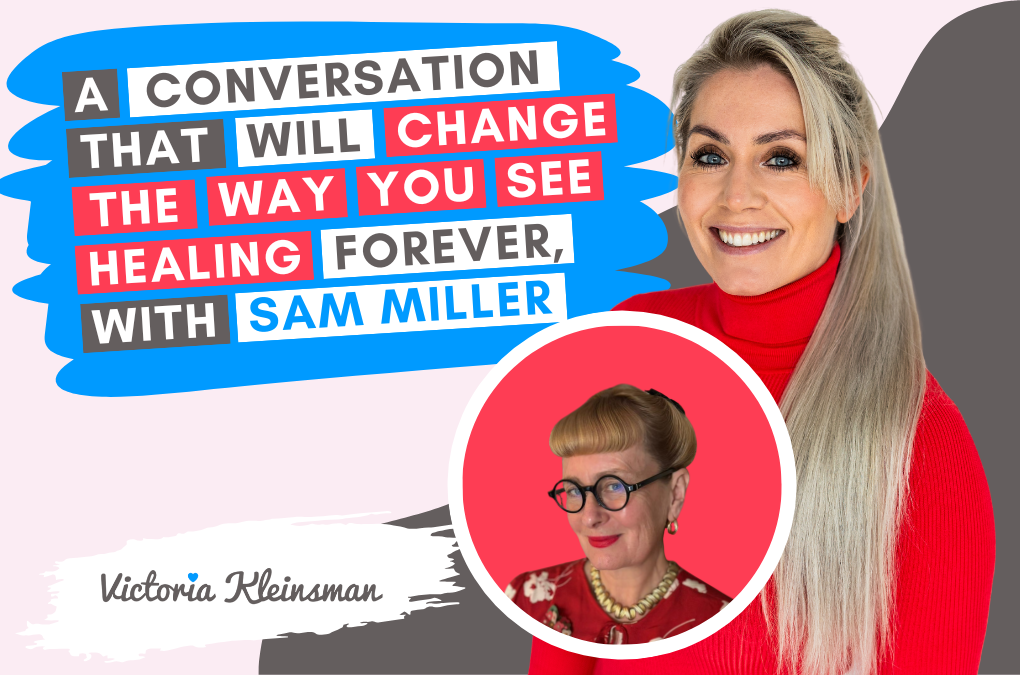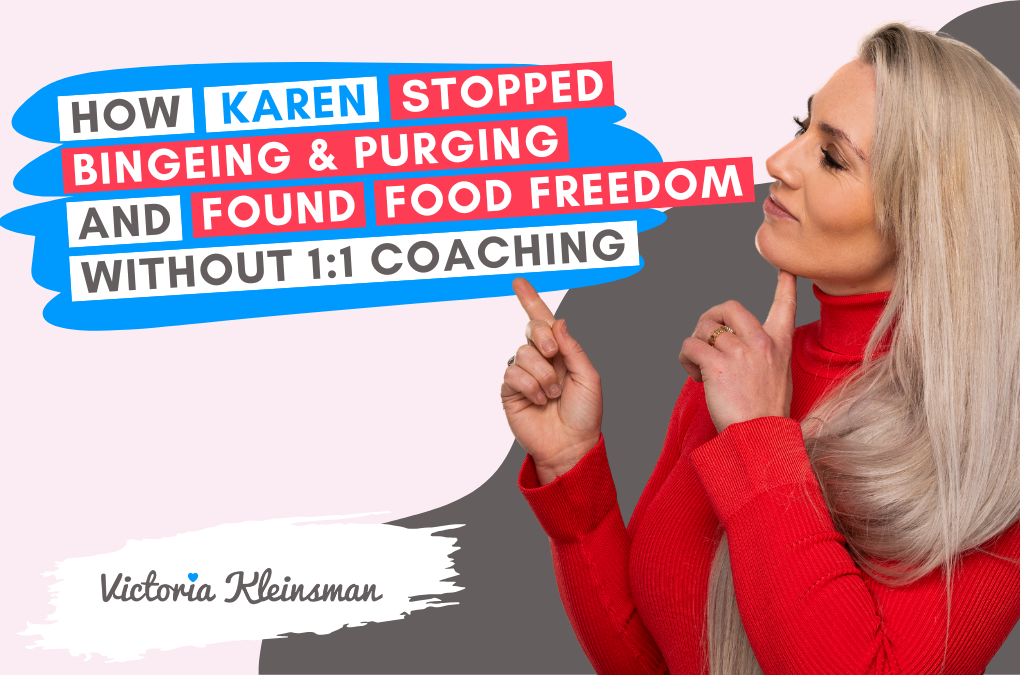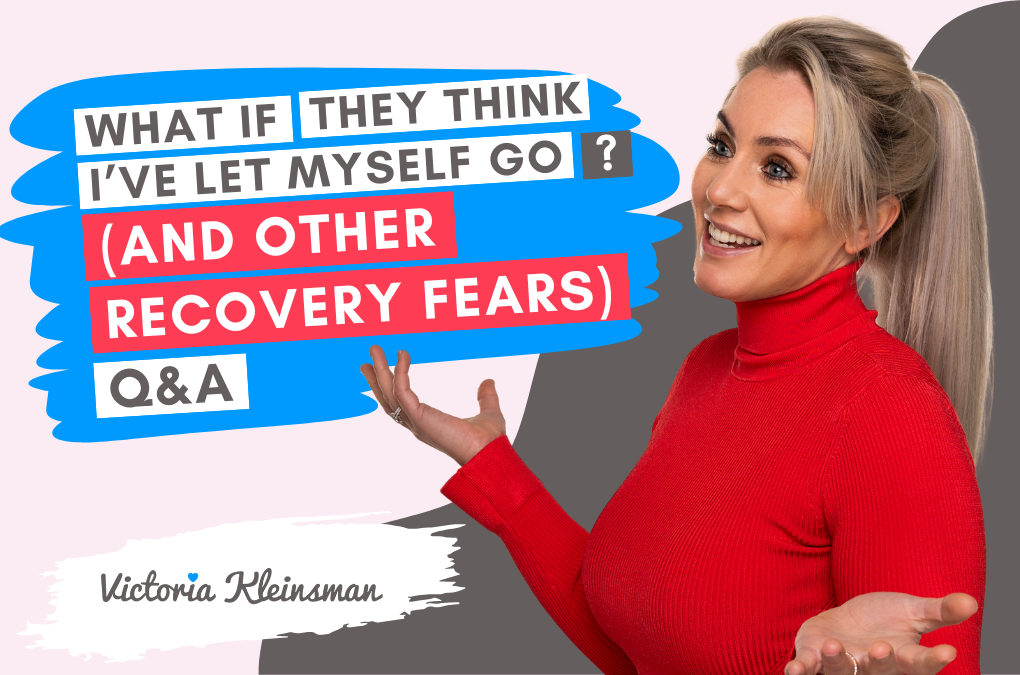I decided to create an episode speaking to this question because recently I’ve had so many people asking this question in different ways in my group and in my DM’s.
Extreme hunger and binge eating are not the same thing… but they are similar. Let’s dive in shall we?
You do not need to worry about binge eating!
I mean it… If you’re in recovery from a restricted eating disorder which includes chronic dieting, anorexia, orthorexia or bulimia, which usually include binge eating episodes but more about that in a moment, then you do not need to worry about developing binge eating disorder. Let me explain why…
Extreme hunger...
Is a natural biological and psychological response to past restriction. Your body cares most about survival and so if it’s been starving for how ever long, it will do all it can to payback the huge calorie debt that your body is owed when it has evidence that there is actually food in the environment.
This is why you might not have experienced this type of hunger before until you actually started eating more food. When your body realises that there is literally food present then it will want to eat, eat and eat some more, even if you’re physically very full.
You perhaps might not have felt this hunger before in the restriction because if your body thinks there is a shortage of food (because otherwise why else wouldn’t you be eating?) then it wouldn’t waste precious energy sending you hunger signals if it thinks your environment isn’t capable of providing food. It will preserve as much energy as it can to pump your heart and work your lungs etc and will often provide you with false anxious energy in order to go and find food.
This may be why when you start eating you feel exhausted and then blame it on the food… Your body finally feels safe to relax and concentrate on repairing and paying back the calorie debt which IS tiring because your body is working very hard. It also needs to get used to digesting food again. Allow it all and rest as much as possible. Your body knows best.
Extreme hunger is usually present all day, every day until your body has paid back its calorie debt. Binge eating is often experienced as eating large amounts of food in a specific amount of time, such as over a two-hour period. With extreme hunger you will find that over time (it could be weeks or moths depending on how much debt you are in with your body), your extreme hunger starts to dissipate AS LONG as you are NOT restricting in any way and are eating to your mental and emotional hunger.
Put simply, extreme hunger is a necessary mechanism for survival and health where the body knows exactly what it’s doing in order to pay back the calorie debt form years of restriction. Including doing all of the internal repairs that you have no idea needing repairing in the first place (think balancing hormones, building collagen etc. Because the body is smart, it will crave high fat and high sugar foods to get “more bang for its buck” because why would it bother with salad, vegetables and other low calorie foods when it can have sugar and fat and get better quicker?
Extreme hunger can be and often is, terrifying! It’s challenging not to restrict (or attempt to restrict as most of us lose that ability when extreme hunger sets in which is a blessing) in order to compensate for what you’ve eaten… especially because the world around us is telling us that sugar is the devil and will cause cancer and professionals in the eating disorder space are saying very harmful bullshit like, “Be careful that you don’t develop binge eating disorder and go the other way”!!! That’s utter bollox and I’ll tell you why in a second.
What happens when you try to control extreme hunger...
If you keep trying to stop or compensate for extreme hunger in any way, you’ll end up staying in an eating disorder for the rest of your life. That’s what happened to me. I kept trying to compensate for my extreme hunger in anorexia recovery. I had gained enough weight for the migration response of anorexia to be switched off but I still wasn’t fully weight restored and my brain still very much had an eating disorder. I was then diagnosed with binge eating disorder which was a false diagnosis because I actually had bulimia. Any attempt at compensating for what you’ve eaten is bulimia. This compensation looks like;
- Restricting your food intake the next day because of the “binge”
- Exercising in an attempt to burn off the calories from the “binge”
- Taking laxatives
- Vomiting
True binge eating disorder is where an individual eats a significant amount of food daily without ever restricting in order to compensate. Studies are showing that this is due to an extremely rare variation in genetics which is linked to the hunger and satiety hormones; ghrelin and leptin malfunctioning. These individuals are not emotionally eating , they are simply hungry all of the time.
Emotional eating...
People confuse emotional eating with binge eating but they are not the same thing. Emotional eating is eating to numb, distract or as an attempt to feel better. Food is used as a coping mechanism for past or present trauma or to change the emotional state.
It’s when people judge themselves for using food as a coping mechanism that emotional eating then turns into binge eating.
More about emotional eating here.
Binge eating...
Is also a natural biological and psychological response to restriction. Binge eating is more in reaction to present restriction and the fear of impending restriction whereas extreme hunger is in complete reaction to past restriction. You will have a fear of impending restriction because of the past restriction you’ve put yourself through…
Binge eating is simply a healthy response to any type of restriction. I often ask my clients to replace the word ‘binge eating’ with ‘reactionary eating’. Because that’s what it is.. eating in reaction to restriction.
Binge eating is not the problem, restriction is!
Symptoms of binge-eating disorder vary but can include:
- Feeling that you don’t have any choice about your eating behaviour, for example, you can’t stop once you start.
- Often eating large amounts of food in a specific amount of time, such as over a two-hour period.
- Eating even when you’re full or not hungry.
- Eating very fast during eating binges.
- Eating until you’re uncomfortably full.
- Often eating alone or in secret.
- Feeling depressed, disgusted, ashamed, guilty or upset about your eating.
You may experience some of these during extreme hunger but with extreme hunger you will be mentally hungry if not physically hungry even if you are full.
A typical “binge” for me looked like;
- 95% of the time it was only in the evenings
- would consist of 3 family sized bars of chocolate, 1 kg of m&ms, a tub of ice cream and 4 home made brownies or similar such as an entire cheesecake, a litre of ice cream and multiple chocolate bars.
- All eaten within 2-3 hours and still eating even when extremely full and feeling sick and it was like I was force feeding myself.
With extreme hunger, you may also feel extremely full and sick after eating AND still genuinely want to eat more. It won’t feel like you’re force feeding yourself or like you don’t want it. With binge eating it can often feel like you don’t really want it after the initial start of a binge when you’re physically full yet you keep eating anyway.
This is because your body is making up for the current energy deficit you might be in (similar to extreme hunger) OR it is reacting to the fear of impending hunger… AKA “My diet starts tomorrow or Monday.”
Different types of deprivation / restriction that leads to binge eating;
Physical deprivation: When you’ve been on a diet and you eventually give in to that pizza and you wonder why you eat an XL to yourself and order dessert afterwards even though you were “full” after eating half. This type of excessive eating usually lasts another couple of days until you start your diet again.
Mental / emotional deprivation: When you’re physically eating the foods that you have restricted in the past but you’re constantly telling yourself that you shouldn’t really be having it and wishing that you didn’t want to eat it as much as you do. When you don’t mentally and emotionally allow yourself to eat the food, your body still feels restricted – hence the bingeing behaviour even when you’re not physically dieting anymore.
Binge eating in response to mental / emotional deprivation can occur even if your body is fully weight restored and you are getting enough daily calories to support your energy requirements. This is because your body doesn’t want to risk you being deprived in the near future and so it will drive you to eat more, even if you’re full just in case there’s not enough food soon. It banks it whilst it can.
Extreme hunger and binge eating will come to and end when...
You keep allowing all foods and listen to your body. This will happen in its own time and it cannot be rushed. The quickest way to the other side is by allowing all foods.
In extreme hunger;
- Follow your mental and physical hunger always without a doubt. Even if you’re full. Even if you’ve already eaten 3 loaves of bread, a jar of peanut butter, 2 litres of ice cream and 2 boxes of cereal.
- Over time you’ll notice your extreme hunger start to lesson. Keep tuning into yourself and following your intuition on what feels right to eat.
- Get support with letting go of any judgments around what you’re eating.
In binge eating;
I hope this episode has been helpful to you my loves. If it has, please share with others, review and rate 5 stars. Your support means the world.
- Allow all foods alwasy.
- Show yourself and your body that you will not be restricting ever again and that you can have whatever it is you want to eat where you want it.
- Practice listening to your body and eating intuitively.
- Allow yourself to eat simply out of pleasure and allow yourself to enjoy your food.
- Eat your previous binge foods in front of other people.
- Get support with letting go of any judgments around what you’re eating.
Conclusion
Whether you’re experiencing extreme hunger, binge eating or your extreme hunger has turned into “binge eating” (actually bulimia) BECAUSE you tried to control the extreme hunger, the only way to full recovery and mental freedom is to;
- Eat unrestrictedly for the rest of your life
- Build a loving and caring connection with your body
- Get support to heal the root of why the eating disorder was created in the first place
- Let go of diet mentality
- Do body image and self-love work
- Join a community as you recover so you don’t think you’re a crazy person
I hope this episode has been helpful to you my loves. If it has, please share with others, review and rate 5 stars. Your support means the world.





